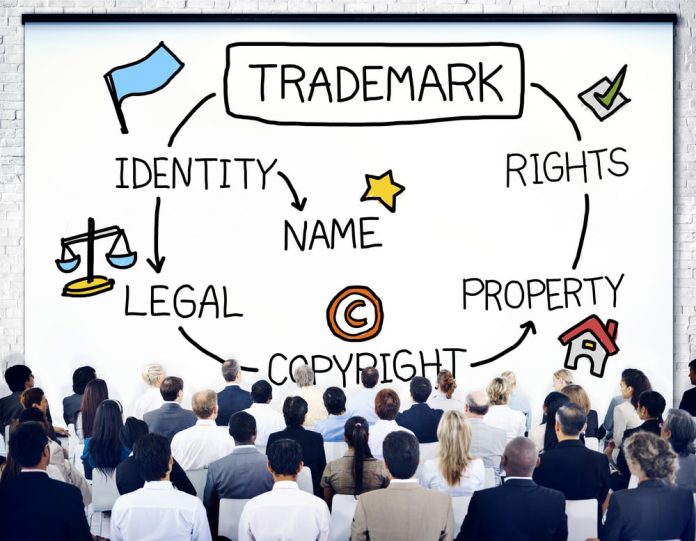The first step in understanding if you need a trademark or copyright is to know the difference between the two.
By Xavier Morales
When you run a small business, there are an incredible number of choices you need to make. “Do we need a full time accounting person?” and “How much liability insurance do we need?” are some of the typical issues I see other small business owners asking. At some point, you’ll likely find yourself facing another question: “Should we get a trademark or copyright?” As with many legal issues, this can seem like a complex, daunting question. Thankfully, there are some simple guidelines to keep in mind that will help guide you to an answer.
Trademark and Copyright – What do they mean?
The first step in understanding if you need a trademark or copyright is to know the difference between the two. They can seem like the same thing, they’re even sometimes (incorrectly) used interchangeably. However, they are quite distinct; they are even handled by two different government agencies.
Trademarks
The United States Patent and Trademark Office (USPTO) is tasked with overseeing all trademark and patent registrations, along with their renewals and disputes. As explained on their website “A trademark or service mark includes any word, name, symbol, device, or any combination, used or intended to be used to identify and distinguish the goods/services of one seller or provider from those of others, and to indicate the source of the goods/services.” In other words, trademark protection is for things like company names, logos, slogans, and product names.
Copyrights
The Copyright Act of 1790 established copyrights in the United States more than two hundred years ago. While the USPTO manages trademarks, the U.S. Copyright Office handles copyright registration. As explained on copyright.gov, “Copyright, a form of intellectual property law, protects original works of authorship including literary, dramatic, musical, and artistic works, such as poetry, novels, movies, songs, computer software, and architecture.” Put simply, copyrights protect creative works that are authored.
Which does your business need?
Once you understand the differences between trademarks and copyrights, the specifics of your business will really decide which you need. If you’re a roofer or electrician, you’re likely not authoring books or poems. In these cases, a trademark covering your business name and logo will likely be enough; a copyright would not have a place in your business. However, if you are a playwright, the answer is going to be quite different. In this instance, you will likely become very familiar with copyrights, as they are the key form of protection for your authored work.
Is it possible to need both?
If you produce authored works such as books or screenplays, you may need both trademarks and copyrights. For example, let’s assume you are an independent author selling short stories on the Amazon Kindle store. Each story you create would fall under copyright law. Just by writing the story, you have the copyright to the work (as long as it’s original).
It is critical to note that unless you officially register the copyright for each piece with the U.S. Copyright Office, you will not be able to file a copyright infringement lawsuit if someone copies all, or part of, one of your stories. (WritersWrite covers this issue rather well in this article.)
While your individual stories are protected by copyrights, your business name or logo does not fall under copyright protection. They require trademark protection instead. Just as with a copyright, you have some legal protection without official registration; this is generally known as a “common law trademark.”
The big issue with relying on a “free” trademark is that it usually only applies within your immediate geographic area. If your business name is Sam’s Stories and you’re located in Dallas, another Sam’s Stories can potentially open for business in San Francisco without infringing on your trademark. This awkward situation could be avoided if you take the steps to file for official registration with the USPTO.
Decision time
As we’ve covered, needing to worry about registration of copyrights or trademarks hinges on what type of work you do, and how much legal protection you want. If you want to reserve the right to bring a copyright infringement lawsuit against someone using your work, you will need to go through the official copyright registration process. If you don’t mind someone else having the same business name, or a very similar logo, you can potentially go without an officially registered trademark. All that said, before you make a final decision it’s always a good idea to double check with an attorney to ensure you’ve thought through all the potential issues.
Xavier Morales, Esq. is a licensed trademark attorney. In 2010, The Trademark Insider named Mr. Morales the #1 Trademark Attorney in the United States as determined by the number of trademark applications filed in the previous year. Mr. Morales has filed over 5,000 trademark applications with the United States Patent & Trademark Office.
Trademark/Copyright stock photo by Rawpixel.com/Shutterstock







